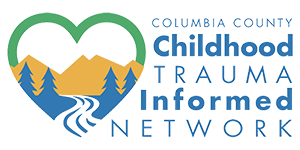Resilience is the ability to adjust (or bounce back) when bad things happen. Research shows resilience helps reduce the effects of Adverse Childhood Experiences (ACEs). Protective factors are internal and external resources that help us to build our resilience.
Leading researchers show that some children develop resilience – the ability to overcome serious hardship – and that others do not. Understanding why some children do well despite adverse experiences early in life is important to being able to help those who do not. That same understanding can help create more effective policies and programs that help more children reach their full potential.


